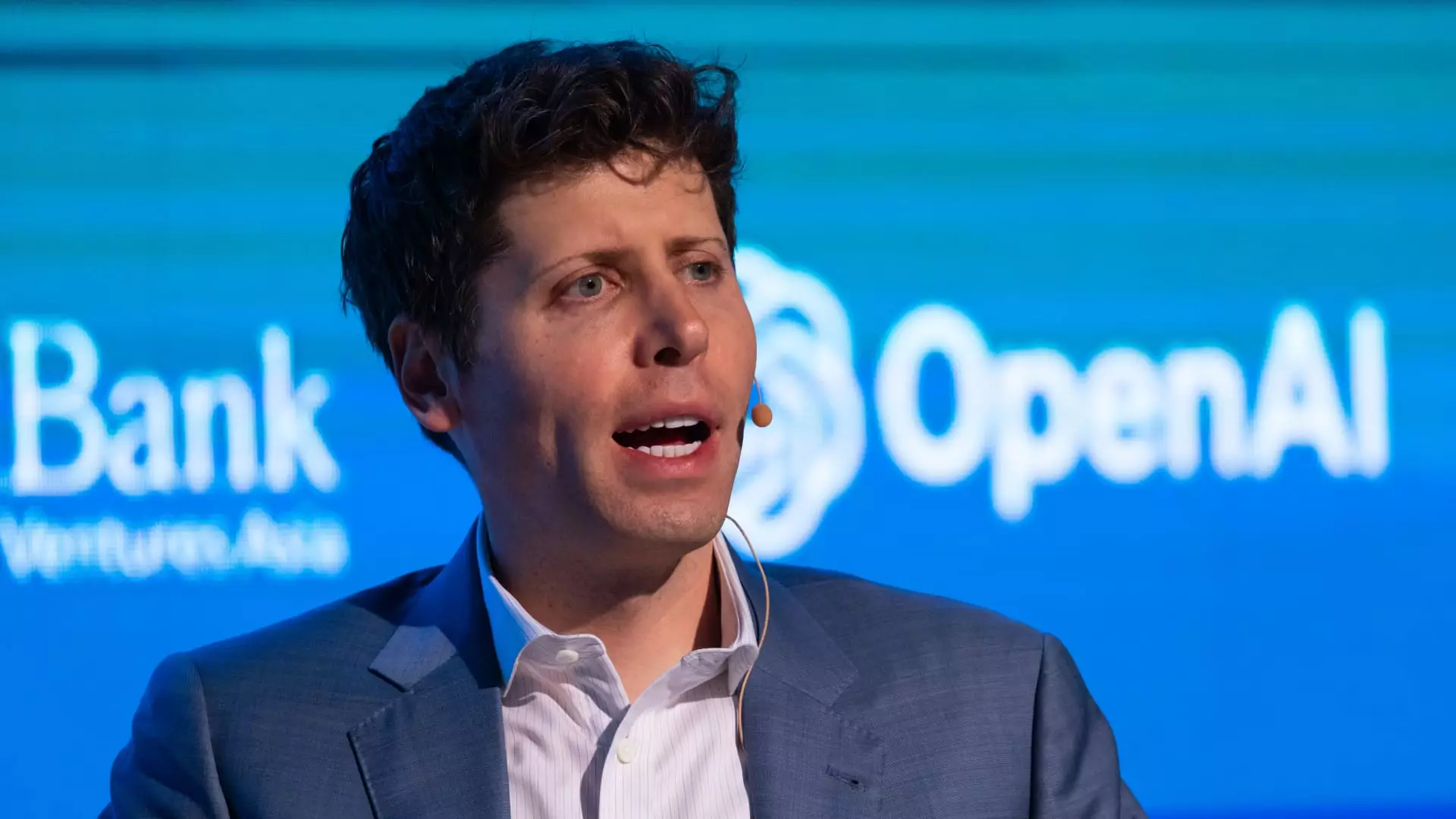The Center for Investigative Reporting (CIR), the oldest nonprofit newsroom in the United States, recently filed a lawsuit against OpenAI and Microsoft for alleged copyright infringement. This lawsuit follows similar legal actions from other publications such as The New York Times, Chicago Tribune, and the New York Daily News. The CIR claims that OpenAI copied, used, abridged, and displayed their valuable content without permission or compensation.
Since the public release of OpenAI’s ChatGPT chatbot in late 2022, it has been scraping the web to provide answers to user queries by relying heavily on content pulled directly from news stories. The CIR alleges that OpenAI had a choice to respect works of journalism but chose not to do so. By training ChatGPT to use copyrighted material without permission or acknowledgment, OpenAI has violated intellectual property rights.
The news industry is facing significant challenges in maintaining advertising and subscription revenue to support their operations. With the rise of AI-generated content, news organizations are finding it increasingly difficult to protect their businesses from copyright infringement. The New York Times, along with several other publications, has taken legal action against Microsoft and OpenAI for unlawfully using their journalistic content in ChatGPT training data.
In their lawsuit, the CIR is seeking actual damages, as well as profits from OpenAI and Microsoft, or statutory damages per infringed work and DMCA violation. The Digital Millennium Copyright Act provides a legal framework for protecting intellectual property rights in the digital age. It is crucial for news organizations to hold tech companies accountable for copyright infringement.
While some news organizations are opting to pursue legal action against OpenAI for copyright infringement, others are choosing to collaborate with the tech giant. Partnerships between OpenAI and publications like Time magazine and News Corp. have been established to access and use archived articles for training AI models. This raises questions about the balance between protecting intellectual property and leveraging AI technology for content creation.
The lawsuit filed by the Center for Investigative Reporting against OpenAI and Microsoft underscores the growing concerns of news organizations regarding copyright infringement. As AI technology continues to evolve, it is essential for both tech companies and news outlets to find a balance between innovation and respect for intellectual property rights. Collaborative partnerships offer a way to leverage AI for content creation while ensuring that copyright holders are compensated for their work. The outcome of these legal battles will have a significant impact on the future of journalism in the digital age.


Leave a Reply